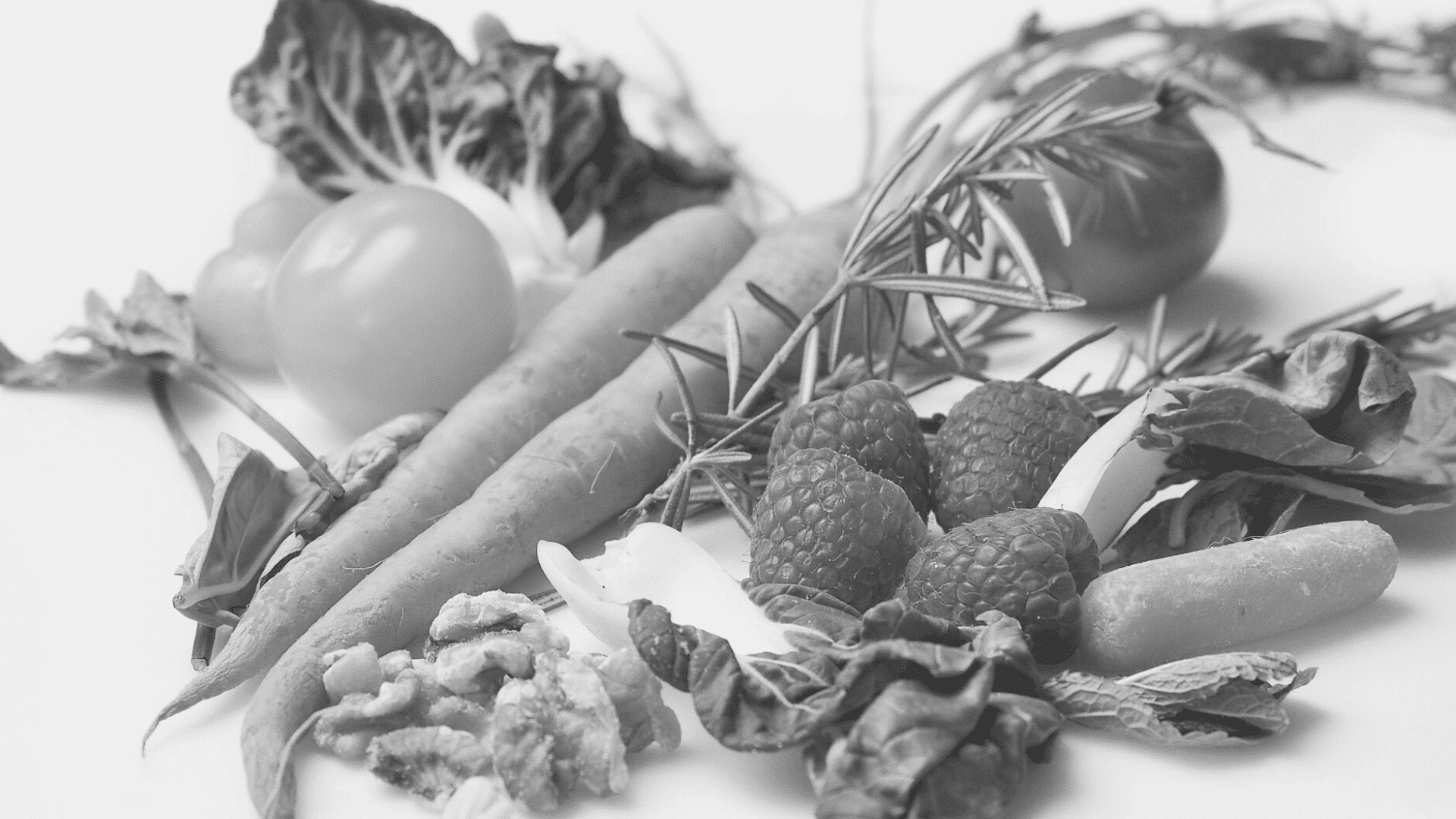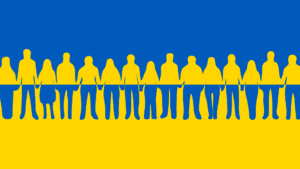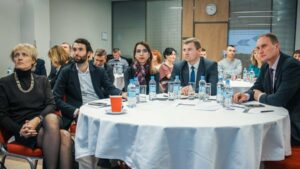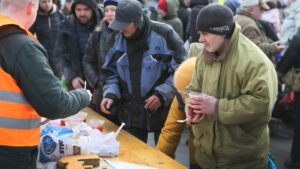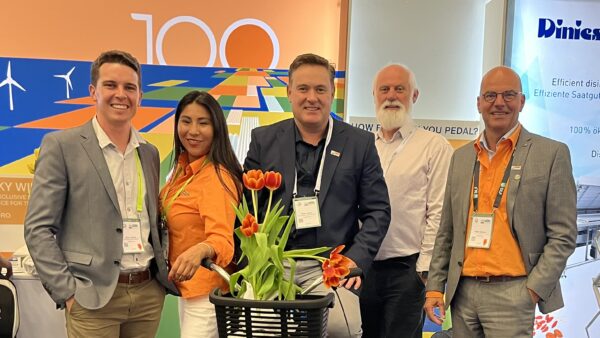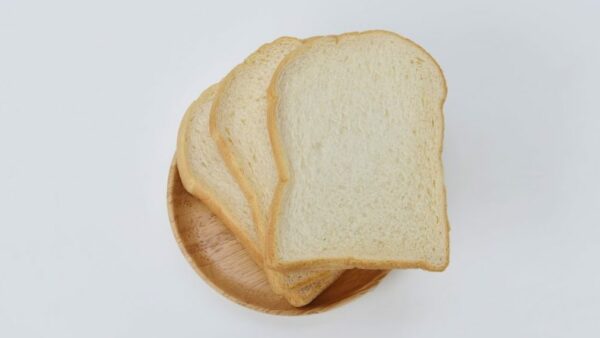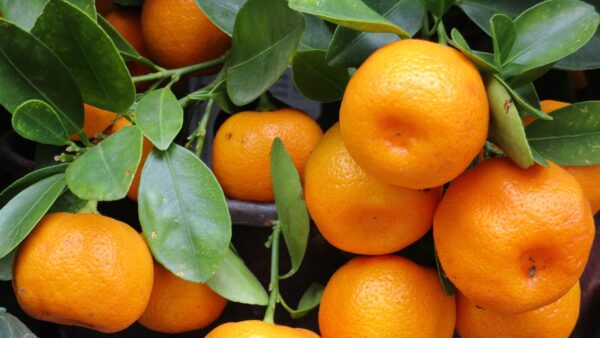The EU Agriculture Ministers recently met for an informal meeting in Prague to discuss food security and European agriculture’s role in sustainable global food production, according to a release.
Ministers agreed that the EU needs to act as a united front to maximize sustainable enhancements in agriculture production and speed up the employment of modern techniques.
Russia’s invasion of Ukraine, lingering impacts of the pandemic and looming climate change are greatly affecting global food security and food prices across the world. A study by Indiana University, Purdue University Indianapolis (IUPUI) estimated an increase in corn prices up to 4.6%, with wheat prices climbing up to 7.2%. Researchers also predicted prices for crops including barley, rice, soybeans, wheat and sunflower to increase.
Agriculture ministers focused on the path to ensuring sufficient and sustainable food production and distribution for the most vulnerable countries. The conversation led to one main solution: to utilize innovation, research and current technologies, such as precision farming, to lessen pesticide and fertilizer consumption.
“Although there is enough food in the European Union, the pandemic and the Russian invasion of Ukraine have deepened the food crisis in the world. We have a major challenge in the Union to sustainably increase agricultural production, reduce food waste and ensure that people around the world have access to quality food. It may be time to rethink some traditional approaches to food production in favour of new modern techniques,” said Agriculture Minister Zdenƒõk Nekula.
The Solution Lies Within Science and Innovation
Science, innovation and current plant breeding methods were some of the more prominent topics during the meeting. New trends could help the EU reduce pesticide and fertilizer use, improve water management and breed new varieties that are more resistant to extreme weather, plant pests and diseases, according to Czech experts Miroslav Trnka and Roman Hobza.
Ministers believe altering the outdated legislative framework for modern plant breeding methods in the EU will enhance innovation. The current framework restricts European farmers and results in leading experts taking their knowledge outside of the EU.
“Even though the war in Ukraine is adversely affecting food production, commodity markets, energy prices and thus all of us, we must not, as the European Union, resign ourselves to taking care of the landscape. We urgently need drought-, frost-, disease- and pest-resistant crops that require fewer pesticides and artificial fertilizers. That is why I am pleased that the Commissioner has clearly stated the European Commission’s readiness to bring forward proposals for plant breeding legislation in the short term that will help to resolve the current problems,” said Minister Nekula.
Challenges Facing Ukraine
The Minister of Agriculture of Ukraine, Mykola Solskyi, explained the challenges Ukraine now faces for food security and distribution. He emphasized the importance of the “solidarity lanes facilitated by the EU,” asking for a further extension.
“According to the Food and Agriculture Organization of the United Nations, nearly 40% of Africa’s total wheat imports come from Russia and Ukraine. The World Food Programme, which feeds some 125 million people, buys 50% of its grain from Ukraine. The solidarity corridors do make sense and we will address the possibilities of expanding and strengthening them as a separate topic at the Council in Brussels on 26 September,” said Minister Nekula.
Ministers developed an action plan to address the food security issue worsened by the invasion of Ukraine, and facilitate Ukrainian exports by land and inland waterways with Solidarity Lanes. Customs duties on Ukrainian imports into the EU have been abolished, allowing goods to travel more smoothly to countries like Africa.
On top of emergency aid, additional land use for food production and the exclusion from crop rotation for next year could help European farmers. Financial support will also be provided by the EU to the most vulnerable countries.
Read More:
Invasion of Ukraine Could Mean Increased Global Carbon Emissions
The War in Ukraine and the Consequences for Food Security
USDA and Ukraine Join Forces to Combat Global Food Insecurity


